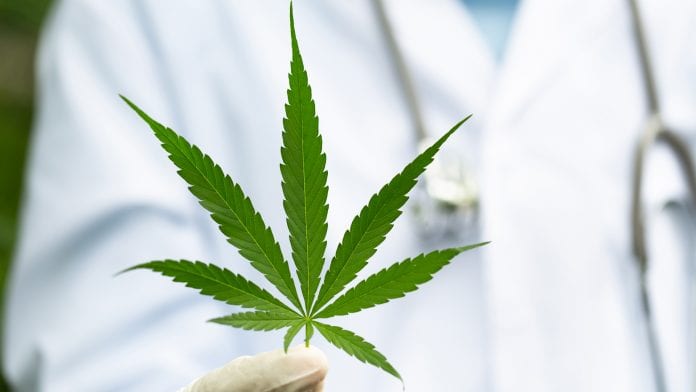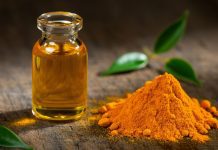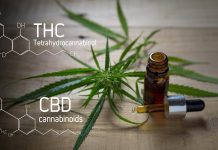
A new series of tests conducted in Israel have shown that both CBC and CBG exhibit anti-tumour properties on cancer cells.
The test have been carried out by Cannabics Pharmaceuticals at the company’s High Through-put Screening (HTS) facility in Israel. The tests have shown that the cannabinoids CBC (Cannabichromene) and CBG (Cannabigerol) both exhibit anti-tumour properties after being tested on human Gastrointestinal Cancer Cells.
CBC and CBG
CBC is an additional non-psychoactive cannabinoid and is one of the naturally occurring phyto-cannabinoids, bearing a host of potential positive therapeutic qualities and may promote antimicrobial, anti‐inflammatory, analgesic, and neurogenesis activity. It is particularly found in younger cannabis plants, albeit in small quantities.
In these tests, the HTS platform was utilised to screen the necrotic effects of a variety of cannabinoids on human gastrointestinal cancer cells, in addition to other cancer types previously tested.
CBC and CBG were both shown to induce significantly higher rates of necrosis in these cancer cells compared to other cannabinoids.
Dr Yaakov Waksman, the company’s head of cannabidiol research, said: “My working assumption is that these results show that a correlation may exist between a cannabinoid’s Topological Polar Surface Area (TPSA) value and its ability to induce anti-tumour activity, diminishing cancer cell’s viability rates.
“CBC and CBG, as neutral cannabinoids, were both found to have a TPSA value which allows the cannabinoid molecule to penetrate a cancer cell’s membrane, whereas their acidic form (CBCA and CBGA) – do not. This could explain the difference in anti-tumour activity rates demonstrated”.
Dr Eyal Ballan, CTO and Co-Founder, added: “Gastrointestinal cancers are amongst the leading and most wide-spread causes of cancer-related deaths worldwide. We are intrigued by the results we have obtained in the lab, and our aim is to consider placing an emphasis on this organ system, and to further explore the differential anti-tumour properties of cannabinoids.
“We believe that these preliminary results vindicate our vision; which is to bring personalisation into cannabinoid-based cancer treatments.”










Hi, I have chronic lymphocytic leukemia, CLL- and small lymphocytic lymphoma,SLL. Both are blood cancers, I’ve had 5 chemo treatments ending August of 2018. My last ct showed nodes are starting to enlarge again, so my question is has there been any success with cannabis and my type of cancers?
I put out lots of information on the metabolic roll of life in general and how it applies to this viral lifecycle, so that we can protect ourselves. This is a simple recipe that I believe will be functional to help many people reduce and minimize the consequences of infection by shutting off the fuel supply. As is true with resistant cancers, when you inhibit both sugar and fat burning, that will most optimally promote the death of free radical overloaded infected cells. Your normal cells will deal with the stress.
I have to emphasize again to you as I see the disaster that’s unfolding in Italy, this virus is completely controllable metabolically. You don’t have to use THC. If you turn off both fat burning and sugar burning that will be even more effective as it is for advanced resistant cancers. The easy things that everybody can do that will definitely help prevent/minimize the infection. NAC N-acetyl cysteine A few grams, vit D 20,000 units, CBD, alpha lipoic acid, resveratrol with niacin (not nicotinamide), polyunsaturated fatty acids as is found in olive oil. Drink enough water that your piss is clear. People on heart meds that can use ang1-9 should use that if it’s appropriate for them instead of others. Chloroquine is working because it’s turning off the fuel supply that the virus is needed as part of their life cycle as well as to combat the free radicals that are being produced by the sugar burning that actually feeds the replication and growth of the virus. protect yourself with knowledge. Just say know. drbob